The Role of Managers in Football: From Tactical Geniuses to Motivational Leaders

In the world of football, managers play a crucial role that extends far beyond the sidelines.
1 year ago
Their influence permeates every aspect of the game, from tactical innovations to player motivation and development. Over the decades, the role of a football manager has evolved significantly, and today, they are seen not only as tactical geniuses but also as inspirational leaders who shape the destiny of their teams.
Football is often described as a game of strategy and tactics, and this is where the expertise of a manager is most prominently displayed. A manager's tactical acumen is crucial for the success of the team. They analyze opponents, devise game plans, and make in-game adjustments to outmaneuver the competition. The tactical side of football management involves a deep understanding of formations, player roles, and game dynamics.
One of the most celebrated tactical geniuses in football history is Johan Cruyff. As both a player and a manager, Cruyff revolutionized the game with his "Total Football" philosophy, which emphasized fluidity, versatility, and attacking prowess. His ideas laid the foundation for modern football, influencing countless managers and teams. Cruyff's legacy is most evident in the success of FC Barcelona and the Dutch national team, both of which thrived under his tactical vision.
While tactical prowess is essential, a manager's ability to motivate and inspire their players is equally vital. Football is as much a mental game as it is a physical one, and a manager's leadership can make a significant difference in a team's performance. Motivational leaders possess the charisma, empathy, and communication skills needed to build a cohesive and determined squad.
Sir Alex Ferguson is often cited as one of the greatest motivational leaders in football history. During his 26-year tenure at Manchester United, Ferguson's man-management skills were legendary. He had a unique ability to instill a winning mentality in his players, fostering a culture of hard work, resilience, and ambition. Ferguson's famous "hairdryer treatment" – a forceful and direct method of addressing players – was part of his broader strategy to keep his team focused and driven.
The most successful football slot managers are those who can strike a balance between tactical expertise and motivational leadership. They understand that a winning team requires both a sound game plan and a motivated, cohesive squad. Managers like Zinedine Zidane, who led Real Madrid to three consecutive Champions League titles, exemplify this balance. Zidane's tactical insights and calm demeanor helped him manage a team of superstars while keeping them focused on their collective goals.
The ability to balance tactics and motivation is also evident in the career of Carlo Ancelotti. Known for his tactical flexibility and calm leadership style, Ancelotti has achieved success in various leagues and with different teams. His ability to adapt his tactics to suit his players' strengths, combined with his approachable and supportive demeanor, has earned him the respect and admiration of his players.
Another critical aspect of a manager's role is the development of players, particularly young talents. Managers are responsible for nurturing the next generation of football stars, providing them with opportunities to grow and succeed. This involves not only technical and tactical training but also mentorship and guidance.
Arsène Wenger, the long-serving manager of Arsenal, is renowned for his commitment to youth development. Wenger's emphasis on scouting and developing young players transformed Arsenal into a hub of emerging talent. Under his guidance, players like Cesc Fabregas, Thierry Henry, and Robin van Persie flourished, becoming key figures in world football. Wenger's holistic approach to player development highlights the importance of investing in youth as a long-term strategy for success.
In contemporary football, the role of a manager has expanded to include various responsibilities beyond the pitch. Managers are often involved in transfer decisions, club administration, and media relations. They act as the face of the club, representing it to the fans, the media, and the broader football community.
The rise of social media and the 24-hour news cycle has increased the pressure on managers to maintain a positive public image. They must navigate media scrutiny, manage player relations, and handle the expectations of fans and club owners. This multifaceted role requires a diverse skill set, combining DRAGON222 football knowledge with leadership, communication, and diplomacy.
The role of managers in football is both complex and multifaceted, encompassing tactical genius and motivational leadership. The best managers are those who can seamlessly blend these aspects, creating a winning formula that drives their teams to success. From the tactical innovations of Johan Cruyff and Pep Guardiola to the inspirational leadership of Sir Alex Ferguson and Jurgen Klopp, football managers have left an indelible mark on the sport.
Football is often described as a game of strategy and tactics, and this is where the expertise of a manager is most prominently displayed. A manager's tactical acumen is crucial for the success of the team. They analyze opponents, devise game plans, and make in-game adjustments to outmaneuver the competition. The tactical side of football management involves a deep understanding of formations, player roles, and game dynamics.
One of the most celebrated tactical geniuses in football history is Johan Cruyff. As both a player and a manager, Cruyff revolutionized the game with his "Total Football" philosophy, which emphasized fluidity, versatility, and attacking prowess. His ideas laid the foundation for modern football, influencing countless managers and teams. Cruyff's legacy is most evident in the success of FC Barcelona and the Dutch national team, both of which thrived under his tactical vision.
While tactical prowess is essential, a manager's ability to motivate and inspire their players is equally vital. Football is as much a mental game as it is a physical one, and a manager's leadership can make a significant difference in a team's performance. Motivational leaders possess the charisma, empathy, and communication skills needed to build a cohesive and determined squad.
Sir Alex Ferguson is often cited as one of the greatest motivational leaders in football history. During his 26-year tenure at Manchester United, Ferguson's man-management skills were legendary. He had a unique ability to instill a winning mentality in his players, fostering a culture of hard work, resilience, and ambition. Ferguson's famous "hairdryer treatment" – a forceful and direct method of addressing players – was part of his broader strategy to keep his team focused and driven.
The most successful football slot managers are those who can strike a balance between tactical expertise and motivational leadership. They understand that a winning team requires both a sound game plan and a motivated, cohesive squad. Managers like Zinedine Zidane, who led Real Madrid to three consecutive Champions League titles, exemplify this balance. Zidane's tactical insights and calm demeanor helped him manage a team of superstars while keeping them focused on their collective goals.
The ability to balance tactics and motivation is also evident in the career of Carlo Ancelotti. Known for his tactical flexibility and calm leadership style, Ancelotti has achieved success in various leagues and with different teams. His ability to adapt his tactics to suit his players' strengths, combined with his approachable and supportive demeanor, has earned him the respect and admiration of his players.
Another critical aspect of a manager's role is the development of players, particularly young talents. Managers are responsible for nurturing the next generation of football stars, providing them with opportunities to grow and succeed. This involves not only technical and tactical training but also mentorship and guidance.
Arsène Wenger, the long-serving manager of Arsenal, is renowned for his commitment to youth development. Wenger's emphasis on scouting and developing young players transformed Arsenal into a hub of emerging talent. Under his guidance, players like Cesc Fabregas, Thierry Henry, and Robin van Persie flourished, becoming key figures in world football. Wenger's holistic approach to player development highlights the importance of investing in youth as a long-term strategy for success.
In contemporary football, the role of a manager has expanded to include various responsibilities beyond the pitch. Managers are often involved in transfer decisions, club administration, and media relations. They act as the face of the club, representing it to the fans, the media, and the broader football community.
The rise of social media and the 24-hour news cycle has increased the pressure on managers to maintain a positive public image. They must navigate media scrutiny, manage player relations, and handle the expectations of fans and club owners. This multifaceted role requires a diverse skill set, combining DRAGON222 football knowledge with leadership, communication, and diplomacy.
The role of managers in football is both complex and multifaceted, encompassing tactical genius and motivational leadership. The best managers are those who can seamlessly blend these aspects, creating a winning formula that drives their teams to success. From the tactical innovations of Johan Cruyff and Pep Guardiola to the inspirational leadership of Sir Alex Ferguson and Jurgen Klopp, football managers have left an indelible mark on the sport.

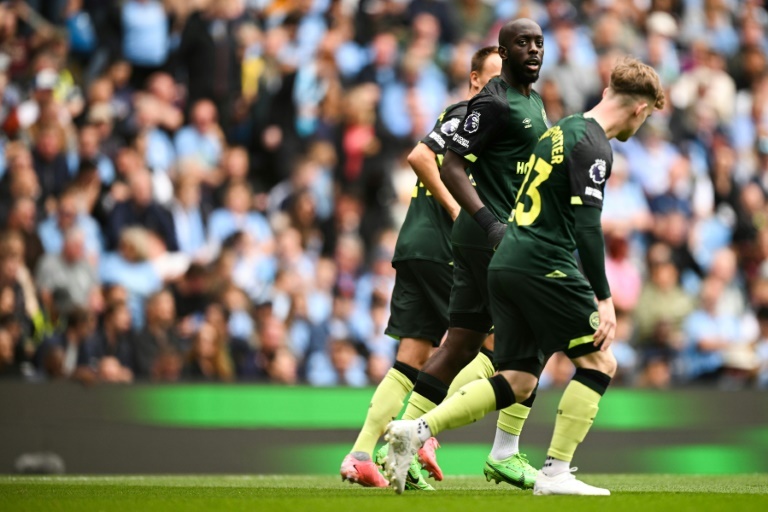
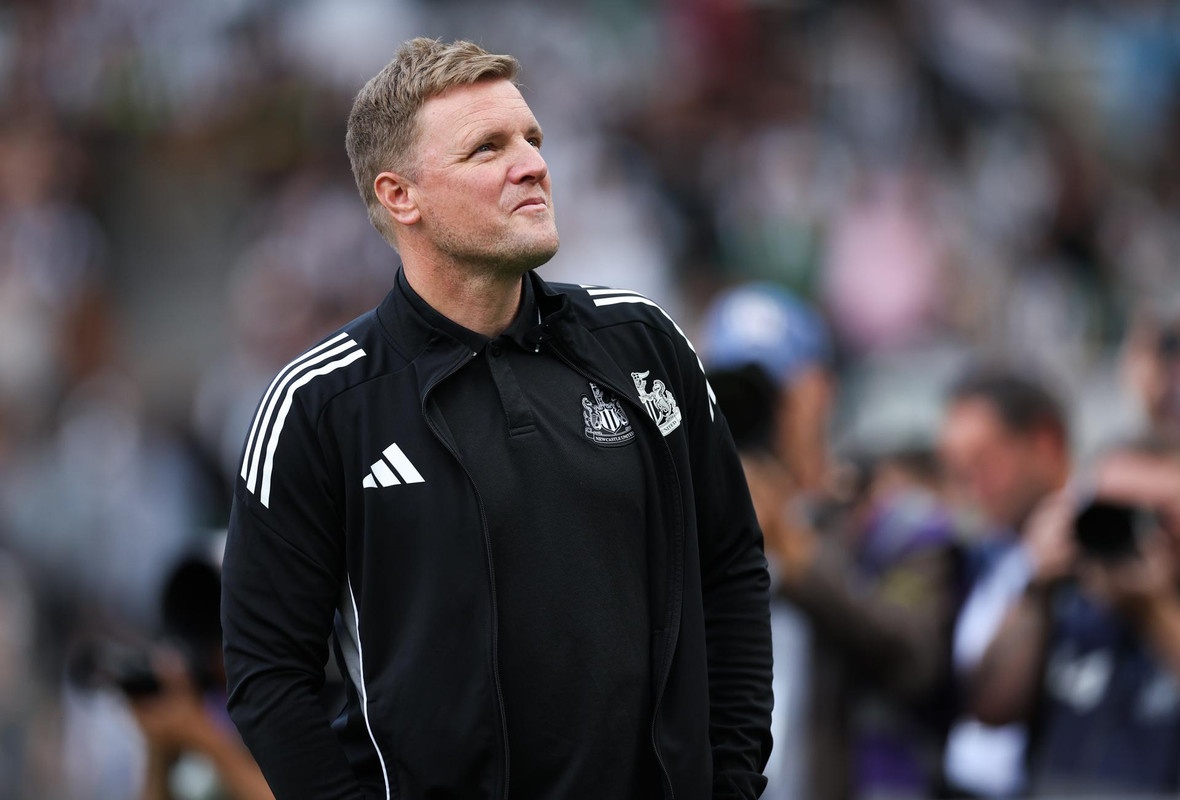

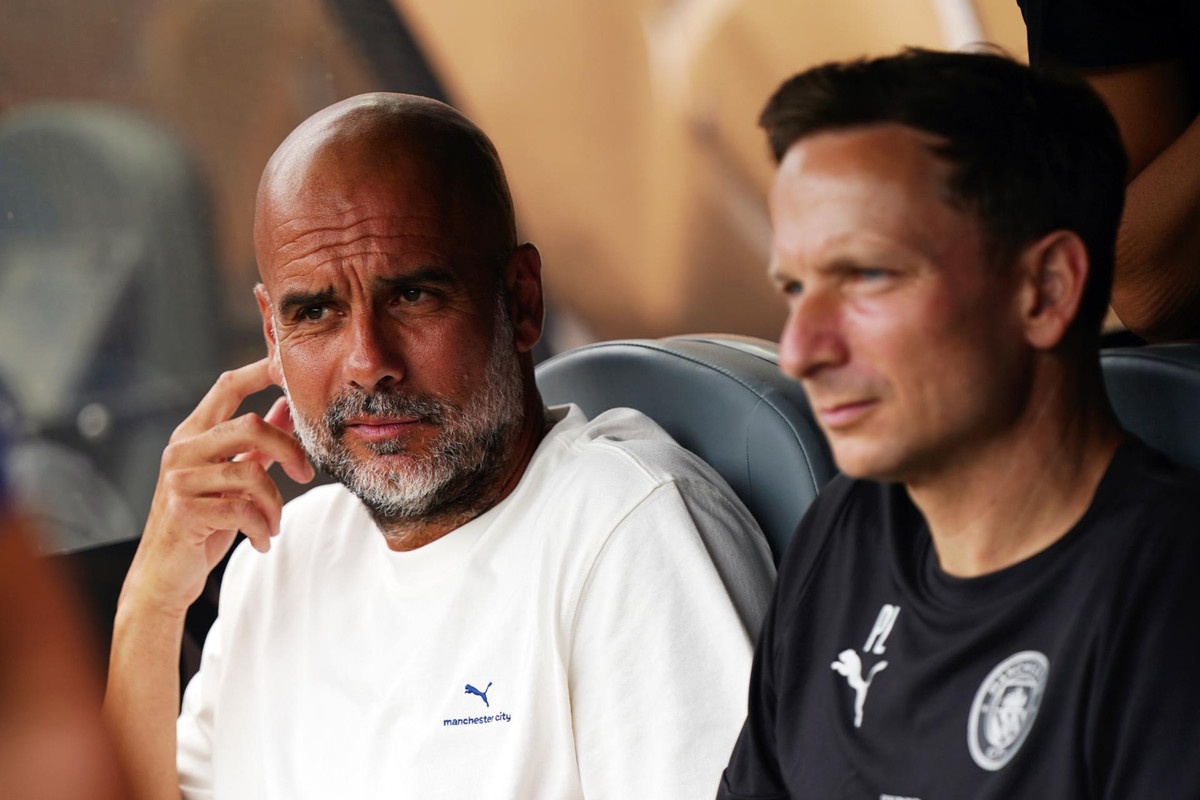
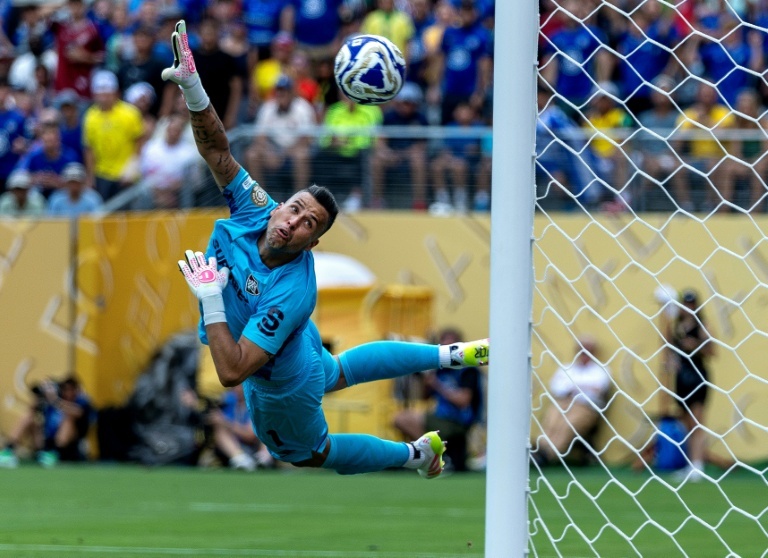
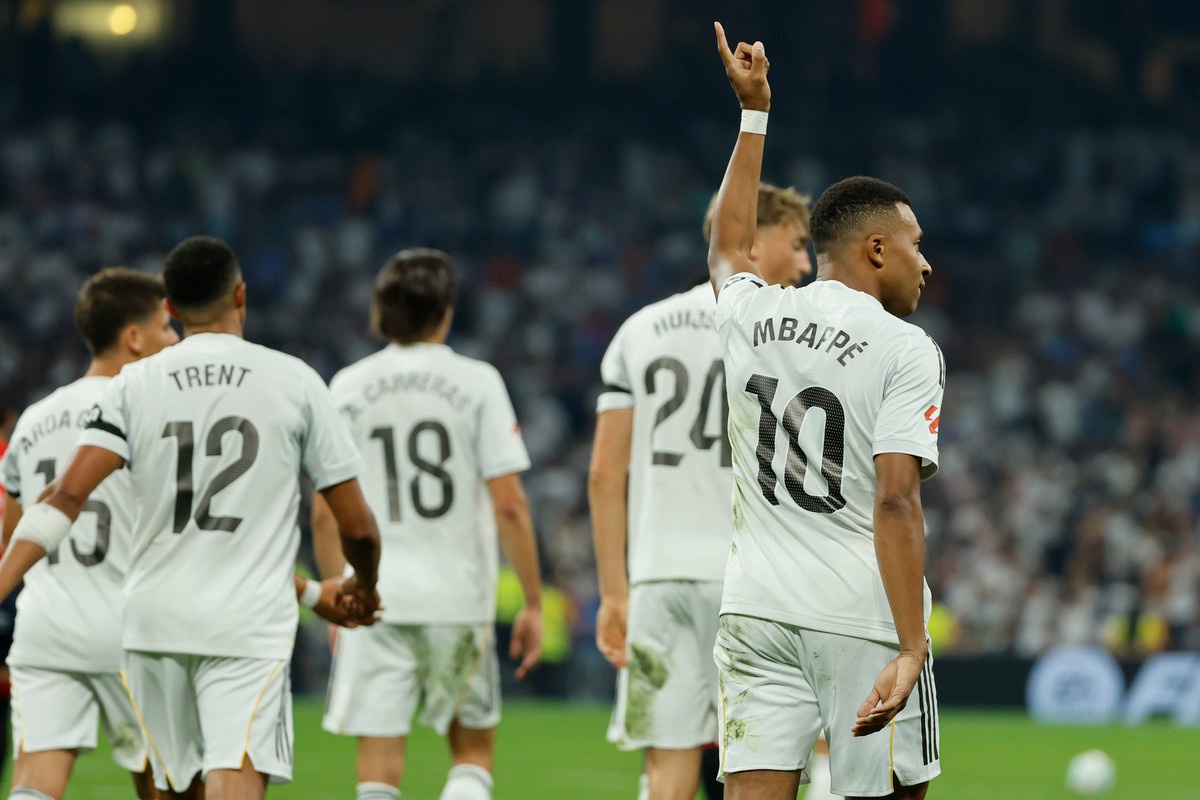
Comments